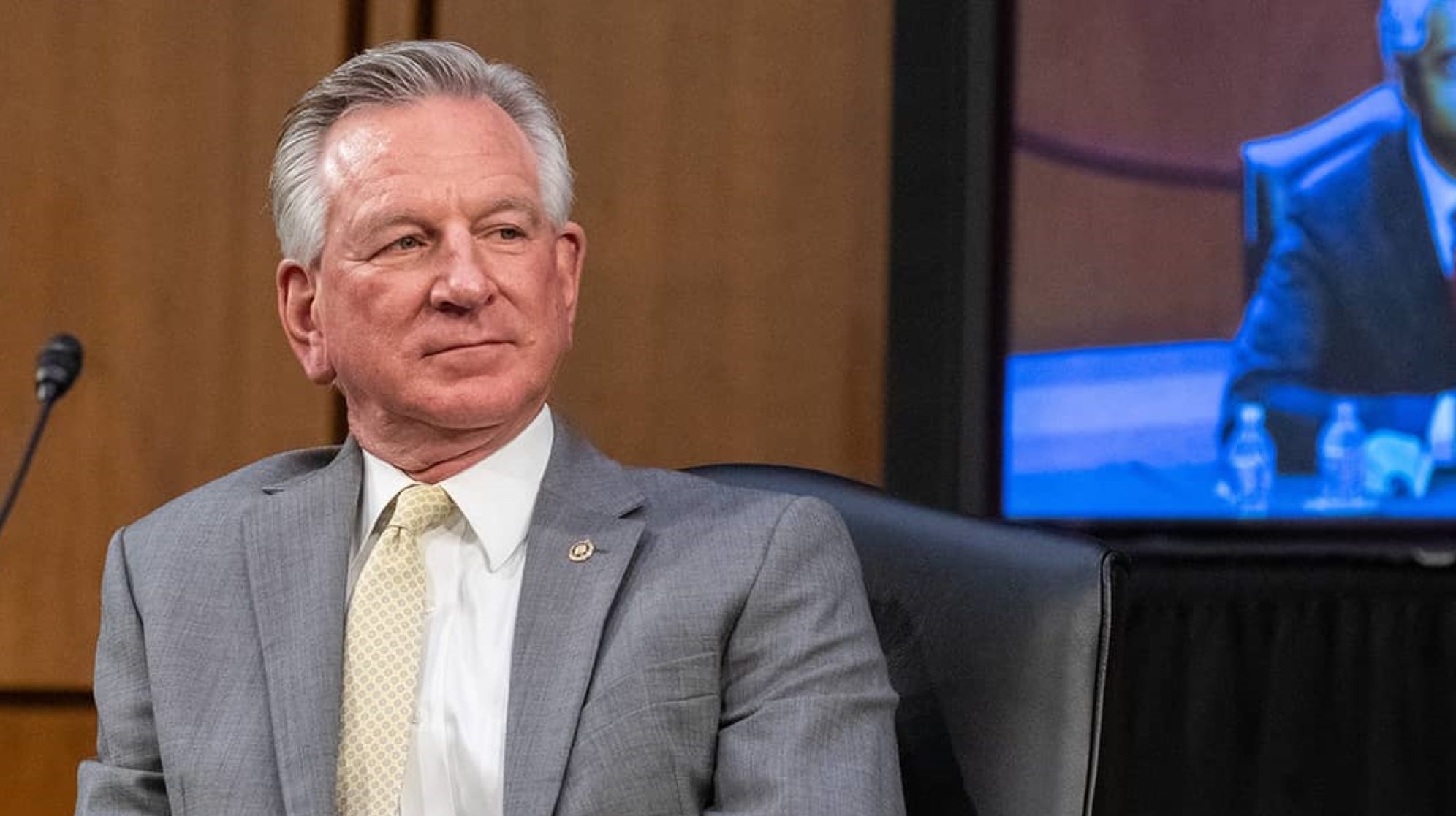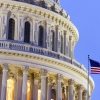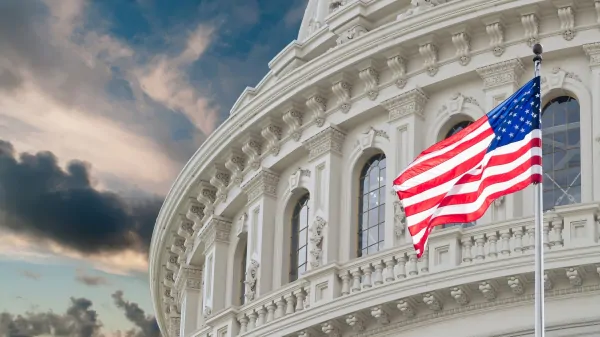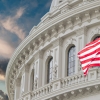|
Getting your Trinity Audio player ready...
|
Questions are swirling regarding whether or not Sen. Tommy Tuberville’s, R-Alabama, recent stock trades are an example of insider trading, according to a report by Newsweek .
Tuberville caught the eye of financial services website, Quiver Quantitative, who posted on social media last Monday about Tuberville’s trade in a biotech company called Humacyte. Humacyte is a smaller company but has been involved in the war in Ukraine using its technology regarding acellular tissue to help treat those harmed in the war.
On July 25, Tuberville bought three separate stocks in Humacyte with the highest being $45,000. At the time of the purchase, the company’s stock was almost at its lowest point. However, the stock would see an increase between Aug. 14 and Aug. 16 of 35 percent.
As Newsweek reported, there was a quarterly report conducted by Humacyte with investors on Aug. 14. During this report, the companies leadership provided a brief to investors stating: Ukrainian clinicians concluded that the HAV has the potential to offer combat surgical teams an off-the-shelf and universally implantable therapy that is resistant to infection, potentially offering durable performance to military personnel and helping with limb salvage.”
Insider trading is defined as the illegal practice of trading on the stock exchange to one’s own advantage through having access to confidential information. Tuberville sits on the Armed Services Committee and the timing of the trade in Humacyte, given his role, is what made Quiver Quantitative so suspicious.
Yet, there was also another trade in another small obscure company that Quiver Quantitative noticed as well. On Apr. 3, Tuberville bought stock in a Brazilian investment firm called XP Inc. Since that trade the price of the stock has changed by over 110 percent in just 4 months.
APR asked Quiver Quantitative if there were any anomalies in Tuberville’s trades given their expertise in tracking this data.
What’s strange about these trades in particular is mostly the obscurity of the companies which were traded,” Quiver Quantitative said. Most congressional trading is in fairly large US companies. While we will often see trades that seem suspiciously well-timed, we almost never see them in companies like these.”
Quiver Quantitative told APR they had no data on any other member of Congress trading in Humacyte and only data for one other Congress member trading in XP Inc.’s stock.
In the case of XP Inc., we only have data on one other member of Congress ever trading the stock. $XP has risen over 120% in less than 5 months since Tuberville’s trade,” Quiver Quantitative said. In the case of Humacyte, we don’t have data on any other members of Congress ever trading the stock. We rarely see members of Congress trading stock in any companies as small as Humactye, which has a market cap of less than $500M.”
Newsweek reported that a spokesperson for Tuberville stated that he has financial advisors who manage his portfolio without his day-to-day involvement.” In 2021, Tuberville violated the federal STOCK Act by failing to disclose over 130 separate trades on time. Also, like the spokesperson told Newsweek, during this incident Tuberville’s spokesperson told Insider that the senator uses financial advisors” as well.
Last year Tuberville told The Independent that banning Congress members from trading stocks was ridiculous,” and would disincentivize people from running for Congress. The response was in reference to potential bi-partisan legislation being pushed that would ban Congress members from trading stocks.
I think it’s ridiculous. They might as well start sending robots up here,” Tuberville told The Independent. I think it would really cut back on the amount of people that would want to come up here and serve.”
Other Congress members likely agree with Tuberville’s comments because efforts to ban or curb Congressional stock trading and insider trading have routinely fell flat over the years. Even current rules regarding trading outlined in the STOCK Act are routinely violated and the only consequence most of the time is a fine of a couple hundred dollars.
Quiver Quantitative said there is not much desire for Congress to regulate itself.
The lack of legislative action certainly isn’t due to a lack of support among constituents,” Quiver Quantitative told APR. A recent survey found that 86% of Americans support a ban on trading of inpidual companies by members of Congress. We’re doing our best to get more eyes on the data through the insights we post on Twitter and other social media platforms, but at the end of the day it’s tough to get Congress to agree to pass anything – much less on how to do a better job at holding itself accountable.



















































